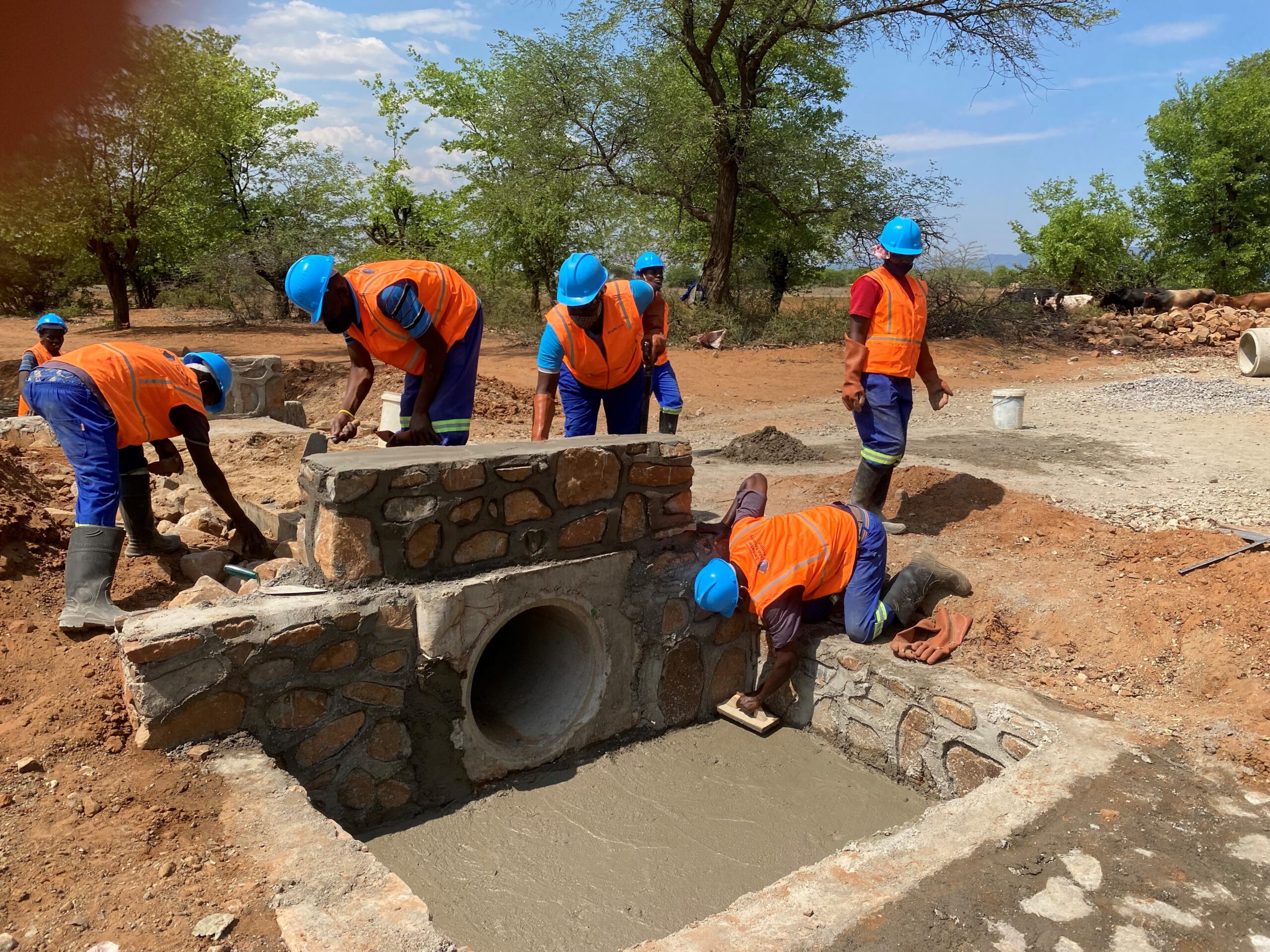
NYANGA — Some villagers in Kazozo area in Nyanga North survive mostly on barter trade because they do not have money.
BY OUR CORRESPONDENT
Even if they were to have it, most retail shops there were closed down in 2007 during the hyperinflationary era.
Kazozo is one of Zimbabwe’s remotest areas at the border with Mozambique, about 140km north of Nyanga town.
Seeing an opportunity, unscrupulous businesspeople from Nyanga and Mutare — some 250km away — are ripping off desperate villagers here, exchanging basic commodities which they bring along for livestock. In most cases, no money changes hands.
“There is no other way we can survive,” said Maria Basikiti, one of the villagers. “We do not have any option but to barter trade.” Due to the remoteness of Kazozo, businesspeople were reluctant to invest in the area, the villagers said.
At times, said Basikiti, a beast is exchanged for about 144 litres of cooking oil and two cartons, each with 24 bars of laundry soap. A goat is traded for 6×2 litres of cooking oil or one carton of green bar soap.
Some traders bring clothes to the village, which they exchange for farm produce such as maize, beans, sunflowers and groundnuts.
- Chamisa under fire over US$120K donation
- Mavhunga puts DeMbare into Chibuku quarterfinals
- Pension funds bet on Cabora Bassa oilfields
- Councils defy govt fire tender directive
Keep Reading
Another villager, Norman Chetsanga, who used to operate a diesel-powered grinding mill, said his business crumbled during the hyperinflationary period.
He has not been able to revive it since.
“We now call upon government to establish a fund to assist distressed small businesses at growth points and business centres in remote areas,” added Chetsanga.
Businesspeople enjoying unfair advantage: Chief
In an interview with Standardcommunity recently, chief Kazozo blasted the businesspeople accusing them of short-changing the villagers in his area.
“This predicament has forced the villagers to lose their livestock and farm products to the informal traders who have flooded my area,” said Chief Kazozo.
“These unscrupulous traders are ripping off villagers. I would like the police to come and arrest them because villagers are losing out.” Some traders pay cash for livestock to enable villagers to pay school fees for children.
But it is usually too little compared to the actual value of the livestock.
“I do not have the money to buy groceries and pay school fees,” said another villager, Aaron Chikangwa.
“So whatever the small amount they offer will go towards school fees for my children.”
The traders said they were making profits through the resale of the livestock and farm produce at a higher price in cities such as Harare and Mutare.
“Times are hard for everyone and we are just trying to make ends meet. we barter the maize here and sell it at a profit to private millers in town,” said George Shereni, a barter trader from Mutare. “But at least we are serving the villagers by bringing them groceries at their door steps.”
villagers have accused Zanu PF officials and war veterans of chasing away non-governmental organisations (NGOs) that used to provide them with food aid.
“There were some NGOs that used to give us food, but they have since stopped as the whole process was hijacked by Zanu PF,” said one of the villagers.
“We now appeal to Zanu PF to reconsider its stance and wrong perceptions of NGOs that were providing us with food aid and re-establishing irrigation schemes.”
John Hurudza, MDC-T ward six development committee chairman said the villagers would only be able to sustain themselves if NGOs were given the green light to establish irrigation schemes in the area.











